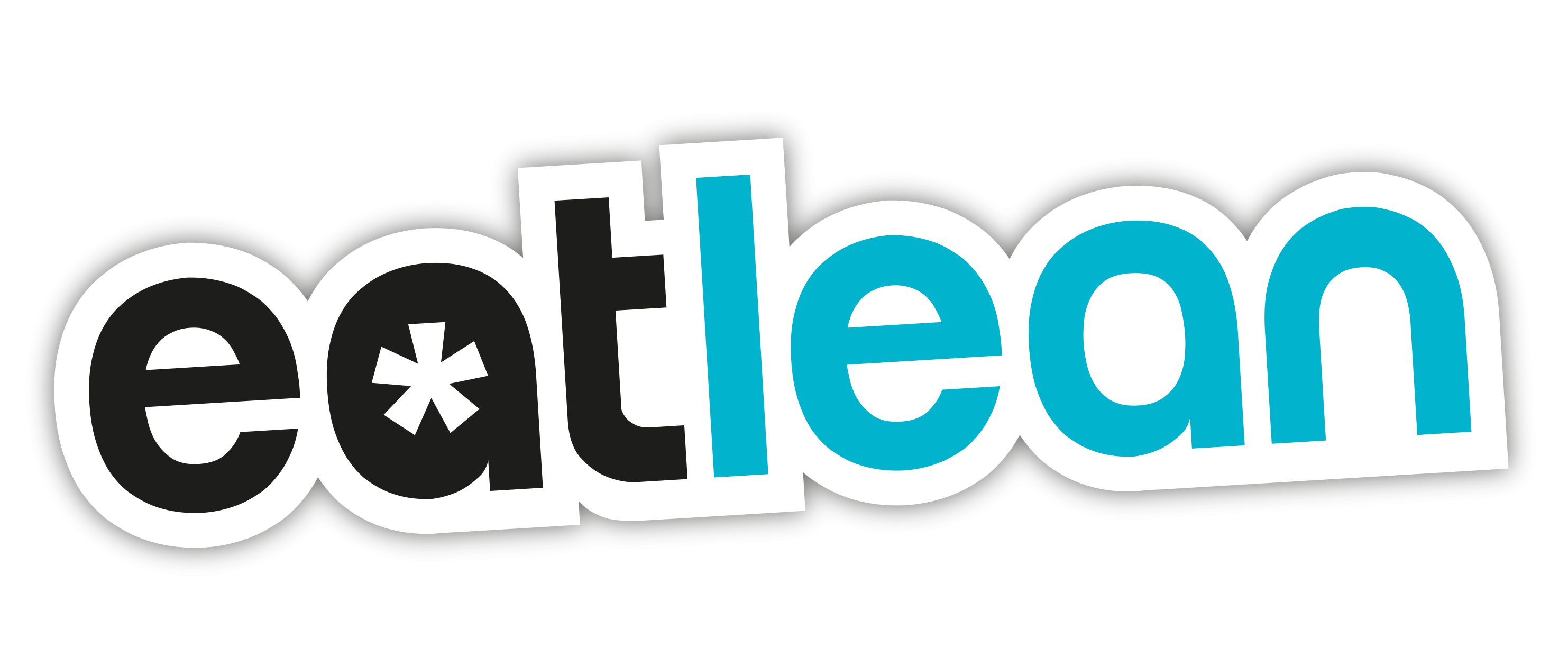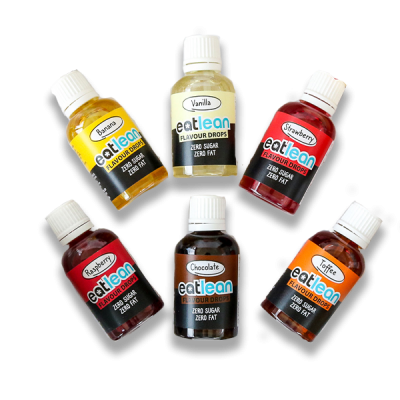Health and Nutrition Tips for Fresher’s Week

”The foods we choose, make a difference” – Michael Gregor
Fresher’s week is a unique opportunity for new students. You get to meet loads of interesting people, you have a free licence to party, and you’re likely getting your first taste of independence. But amidst all that excitement, let’s not forget to look after yourself!
What you eat is really important and shouldn’t be neglected. Getting your nutrition right can help boost your academic performance, keep your energy levels up, and help protect you from dreaded fresher’s flu! Obviously, this is easier said than done on a student budget, so here are some awesome hacks you can use to make sure your nutrition, and therefore your health, doesn’t suffer during your studies.
Get enough Vitamins
Vitamins and minerals are absolutely essential in both promoting optimal brain function and in supporting your immune system. There is often plenty of colds and flu going around during freshers week but ensuring you get enough vitamins and minerals can help your immune system combat this and prevent you from getting sick. In COVID times this could be even more important!
Where to find them:
We get most of our micronutrients from fruit and vegetables so it’s important to eat at least five portions of fruit and veg a day (more if you can) to ensure you meet your micro-nutrition needs. Fruit and veg also contain lots of fibre, which is important in promoting good gut and digestive health. Fruit and veg can be expensive, which is why it’s a good tip to buy frozen veg, as this still has the exact same nutritional content as fresh vegetables but is often far cheaper. For example, you can get 1kg of mixed frozen vegetables from most supermarkets for as little as £1. This is an easy way to make sure you’re getting enough vitamins and minerals from your diet.
Additionally, you can always supplement with daily multivitamins, which may not be optimal, but is still an effective way to ensure you’re at least getting the minimum daily micronutrient requirements.
Healthy Fats and Omega-3
Healthy fats and omega-3 are great for ensuring your brain functions optimally. Omega-3 contains fatty acids used to build cell membranes in our brain tissue, which is why it’s so important we ensure we get enough. There have been several studies that indicate adequate omega-3 consumption helps increase learning capacity, protect against memory loss and age-related cognitive decline (although it’s worth saying these findings are only indicators and not entirely conclusive).
Where to find them:
Healthy fats and omega-3 are found in nuts, seeds, and oily fish such as salmon and mackerel. Again, you can also always choose to supplement your diet with omega-3 fish oil tablets if you don’t feel you get enough from your wider diet.
Get some exercise
Exercise is an essential part of a healthy lifestyle, not just for your physical health, but for your mental health as well.
Exercise as a whole has been shown to have a positive impact on mental wellbeing so staying active is a good way to protect your mental as well as your physical health.
At your uni fresher’s fair, there are loads of opportunities to join sports clubs. This is a great way to keep healthy and active, and they’re also a fantastic way to meet people, make friends, and get to know the new city or town that you’re going to be studying in. So, finding a way to keep yourself physically active is a fun and important aspect of university life.
Protein
Protein is an essential macronutrient that we need in order to maintain muscle mass and promote effective organ function. Protein has also been shown to be the most satiating of the food groups. In other words, protein is the most effective food group at combating hunger and making us feel full. It can be easy to neglect protein, but it’s important to find space for it in your diet. You should aim to eat between 1.4-2.2 grams of protein to every kilo of your body weight, depending on how active you are and how lean you are (the leaner you are the more protein you’re likely to need).
Where to find it:
Protein is found in meat and dairy products as well as pulses such as beans, peas, and lentils. This is where the fantastic range of Eatlean products can be really useful, offering the perfect base for countless high protein breakfast ideas or as a tasty and convenient protein-dense snack that you can have on the go between lectures, knowing that you’ve made a healthy choice.
Make sure you eat enough
Often during fresher’s week, people get so caught up in fun, they forget to eat properly. An empty stomach and drinking aren’t a good mix and so please, remember to make time to eat proper food. A meal before you go out will also make you less likely to find yourself ordering a large cheesy chips at 3 in the morning!
Written by Ben Coomber, a nutritionist (BSc, CISSN), educator & spokesperson for Eatlean Cheese. Connect with Ben and more of his tips over on Facebook or Instagram.






